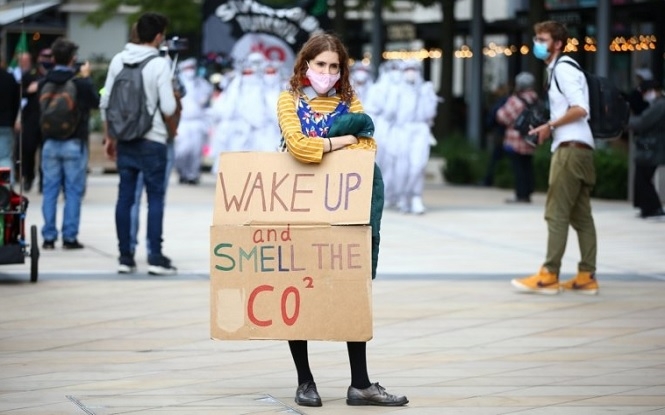Hi all,
I'm always amazed when I talk to older people and they are dubious. I mean we lived through the winters between 1978 and 1986 (and some of them through 1963 & 1947) as well, but I think it is sliding baseline to some degree. Personally I can remember February 1986, it remained below freezing for the entire month and <"December 1981 / January 1982"> were so cold it killed the Gorse (Ulex europaeus) bushes and the snow didn't melt until March. Purely selfishly I'm certainly hoping to never see that again.
I went on holiday to Cephalonia at the end of May (call me a hypocrite, I don't mind), it was already in the mid 30oC <"2024 European heatwaves - Wikipedia">, and they hadn't had any cold weather all winter.
cheers Darrel
<"No, it isn't">.Indeed, Darrel, it's not funny at all.
I'm always amazed when I talk to older people and they are dubious. I mean we lived through the winters between 1978 and 1986 (and some of them through 1963 & 1947) as well, but I think it is sliding baseline to some degree. Personally I can remember February 1986, it remained below freezing for the entire month and <"December 1981 / January 1982"> were so cold it killed the Gorse (Ulex europaeus) bushes and the snow didn't melt until March. Purely selfishly I'm certainly hoping to never see that again.
I went on holiday to Cephalonia at the end of May (call me a hypocrite, I don't mind), it was already in the mid 30oC <"2024 European heatwaves - Wikipedia">, and they hadn't had any cold weather all winter.
cheers Darrel
Last edited:





